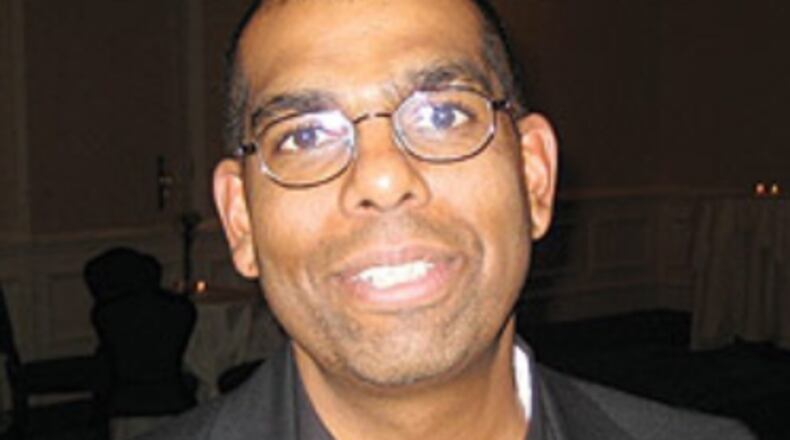It wasn’t that she didn’t trust the vaccine itself. She felt the process had become too politicized and decision-makers weren’t listening to the scientists.
“I’m always happy to follow the advice of science and its positions,” McMillan said. “But I didn’t feel that the decisions were being made there.”
McMillan, like many other African Americans, has since changed her mind and has received both shots. But there is still a sizeable amount of the population that says it won’t get vaccinated or has been slow to do so. Reasons are as varied as politicization, lack of trust and history.
“I spoke with someone and asked her when she was going to get her vaccinations,” said McMillan, a former vice-president at Wright State University. “And she said she’s not going to get it. I asked her why. And she mentioned she doesn’t trust the government; she thinks the process was not a trustworthy process that moved too quickly. She harkened back to the Tuskegee experiments and all that meant to the African American community.”
In the Tuskegee experiments, the United States government, over a period of 40 years, conducted an unethical study of untreated syphilis in Black men, who were never given the medical treatment they were promised. To this day, the scars from that experiment remain because, in effect, our own government-approved human guinea pigs.
McMillan noted that she believes the concerns she hears are valid ones “warranted in many ways. But there’s information out there for now that the Tuskegee men did not have. There are protections in place that were not in place then.”
The issue of African Americans and vaccinations take on even more importance because underlying health conditions like diabetes, heart disease, and hypertension disproportionally impact the Black community.
Today, Dr. Terri Moncrief --- who is McMillan’s daughter --- wrote a column that noted, “When adjusted for age, the overall U.S. death rates from the coronavirus were highest for African Americans.”
And there’s more. So far, about 19% of Ohio’s African American population has received at least one shot and that’s tragically underrepresented. Consider this: Black people make up 14% of Ohio’s population but more than 18% of Covid hospitalizations.
That’s why, when the vaccine became available, I wanted to be first in line. I take three medications to control my hypertension and another to stem my heart palpitations. Those are the types of underlying conditions that made me vulnerable to COVID. I’ve had my two shots and had minor side effects (I was tired after the second one).
The news that the CDC and FDA paused the distribution of the Johnson & Johnson vaccine adds another level of complication because it, potentially, gives more ammunition to those who don’t want the shot. The government is reviewing data from six women (out of almost 7 million) who suffered rare blood clots after receiving the vaccine.
But McMillan noted that even if scientists determine there’s a cause-and-effect relationship between the clots and vaccine, that means there’s an issue in less than one in a million people. Those aren’t bad odds.
Ask yourself this: Which chance would you rather take? Besides reports of side effects, there haven’t been any reports that would mandate pausing the Moderna (which I received) or the Pfizer (which my wife received) shots.
Yes, companies manufactured the COVID vaccine and got it to the public in record time, which among some will raise concerns that the immunization hasn’t been fully tested. But remember Dr. McMillan’s words: less than one in a million.
Ray Marcano is the interim Ideas and Voices Editor at the Dayton Daily News. Email him at raymarcanoddn@gmail.com
About the Author

